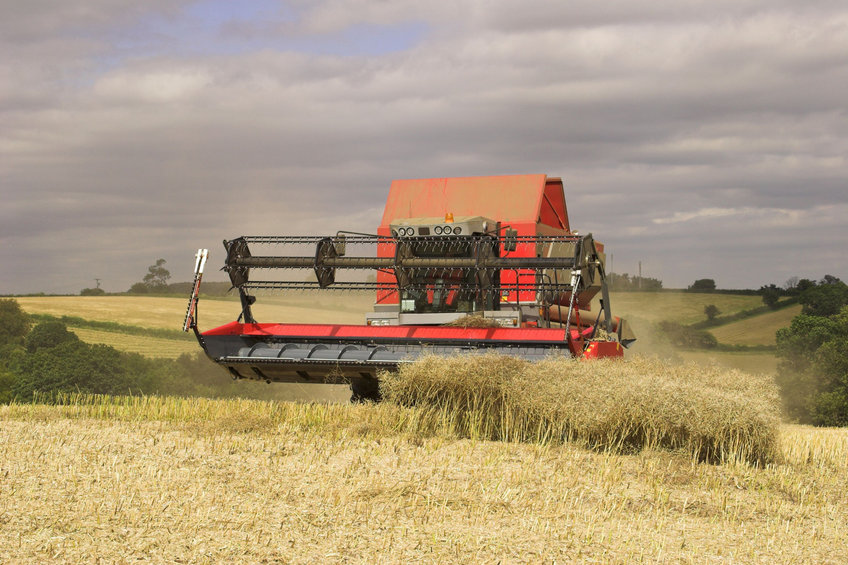Second highest ever rate of ag inflation recorded

The second highest ever rate of inflation for the farming industry has been recorded, according to the latest AF Agricultural Inflation Index.
The cost of farming inputs has increased by an eye-watering 21.86% during the period 1 September 2020 to 30 September 2021.
Five out of the nine input classes saw double digit inflation with fuel and fertiliser seeing unprecedented increases at 79.9% and 51.2% respectively.
The figures in the index, published by AF, the UK’s biggest farmer-owned buying group, shows that no farming enterprise has been able to avoid double digit inflation.
Meanwhile, the total food Retail Price Index has experienced deflation of -0.7% over the same period, highlighting the ongoing squeeze on margins for farmers.
Agricultural inflation continues to race ahead and there has already been a further 50% increase on fertiliser prices since the end of this reporting period.
The latest index highlights the impact that increasing prices and supply chain disruption is having on farm businesses across the country.
It is a useful tool for farmers of a wide range of crops to review their expenditure and procurement partners.
But it also prompts the farming sector to fully understand the drivers of current and potential future inflationary trends and how best to withstand them.
AF member Tony Bambridge of B & C Farming Limited said: "Data like this is incredibly important for us to run our farm effectively and will only grow in importance as the industry changes.
"The need to track our costs is paramount to the health of our business and it is vital our customers understand the inflationary pressures we are facing.
"Farmers need to be rewarded properly for their role in the supply-chain and the real benefit of the AF Aginflation Index is its integrity and independence, meaning farmers can rely on this independent data to illustrate the true cost of inflation.”
The increasing cost of natural gas prices has had a profound effect on the price of fertiliser, to the point where it has made the factories economically unviable to run.
Head of AF Crop Production Matt Kealey said: “There's no single reason for the increase in natural gas prices. It’s the result of a convergence of factors, nationally and globally.
"Supply continues to struggle to keep pace with rising global demand. Stored gas levels are lower than normal in Europe because of last year’s cold winter and with the UK having comparatively fewer storage facilities, we are more exposed to price fluctuations.
"This has added to speculation that Russia, a major gas supplier, is withholding output for political reasons which, in turn, is fuelling price rises.
"We are continuing to liaise with our suppliers and update Members on both spot and future prices.”
Fuel prices continue to rise steeply as tight global energy supplies meet a strengthening demand from consumers.
Helen Thurtle, AF Fuel Procurement Manager, said that rising demand for fuel should not come as a surprise.
"The International Energy Agency forecast consumption in 2022 will be around 5% higher than 2020 levels when lockdowns saw global demand for oil decline sharply.
"It’s worth remembering that in April 2020 the US oil benchmark West Texas Intermediate was trading at US$37 a barrel.
"Those days are a distant memory now as our European benchmark, Brent crude, is showing no signs of stopping with tensions apparent amongst OPEC members as to how much production should be increased to meet rising demand.
"Currently trading at around $85 a barrel, there is now the real possibility of Brent crude reaching $100 a barrel if we have a particularly cold winter which would potentially drive a surge in demand and widen the supply deficit further.”
The pressure on profits is being felt by farmers against the backdrop of trade deals opening the way for more competitors to the UK market, ‘greenflation’ and just-in-time supply-chains buckling under the pressure from a global economy recovering from its dormant state.
AF chief executive, David Horton Fawkes said farmers faced "extraordinary financial pressures, which threaten the very existence of many farms."
"We are deeply concerned about the impact of these high rates of agricultural inflation on our members and there has never been a stronger case or a better time for UK farmers to collaborate and work together.
"We must use the strength of our cooperatives to protect margins and safeguard our members’ businesses," Mr Fawkes said.
"Inflation is not slowing down and it’s only by working together that we will be able to overcome the biggest challenges to farming for 50 years.”








